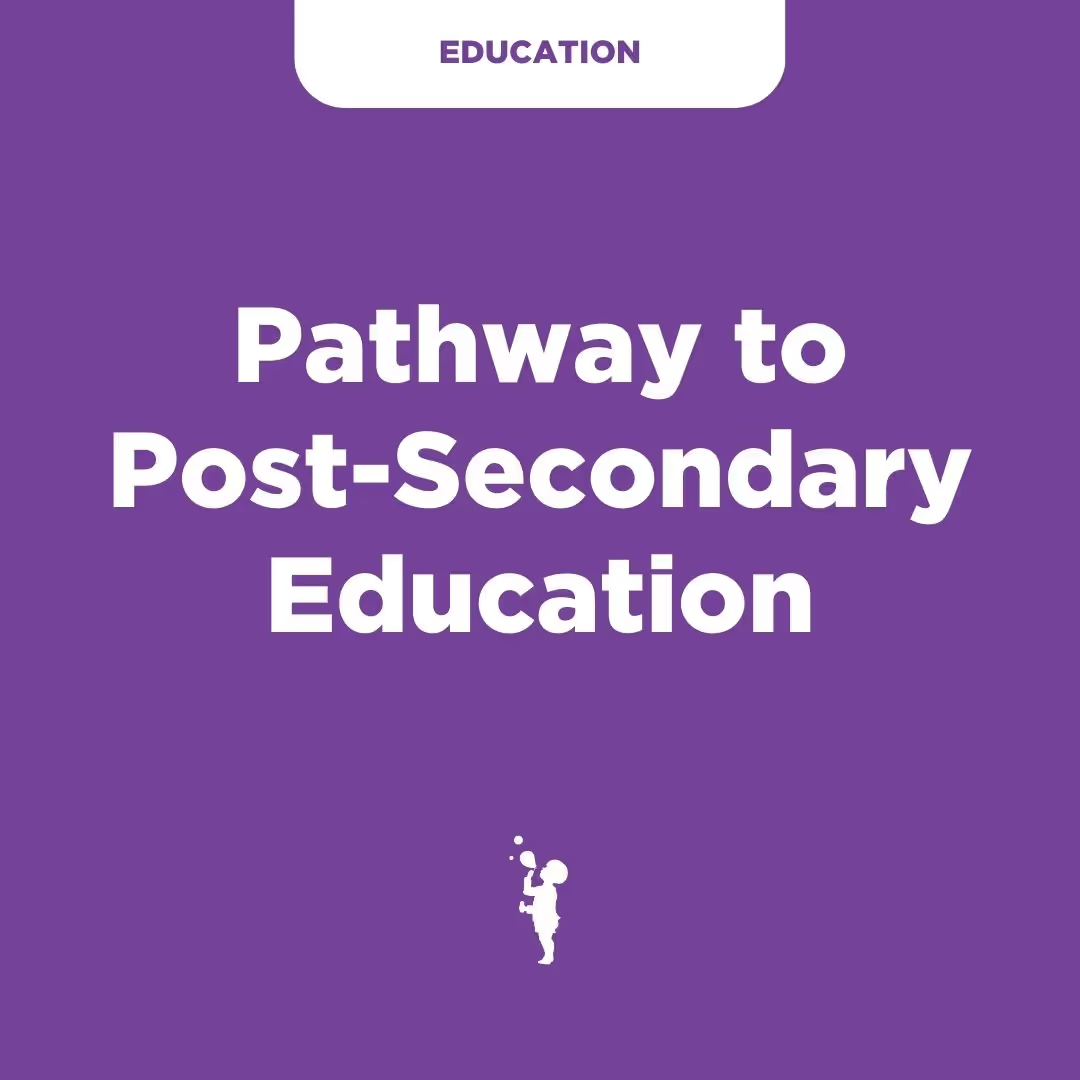Accommodations Guide for College Students Who Are Cancer Survivors
For college students who are cancer survivors, navigating the academic landscape can present unique challenges. The physical, emotional, and cognitive changes that often result from cancer treatment may impact a student's ability to perform academically. Understanding and accessing the right accommodations is crucial for ensuring these students can thrive in their educational journey.
The Importance of College Accommodations
Accommodations are essential tools designed to minimize barriers, optimize the learning experience, and create an inclusive educational environment. For students affected by pediatric cancer, these accommodations are not just about academic success—they are about supporting overall well-being and providing the necessary resources to navigate the demands of college life effectively.
At the Austin Hatcher Foundation for Pediatric Cancer, we are deeply committed to supporting the academic and personal success of young cancer survivors. Through our diverse range of services—including psycho-social support, education, and resources for coping with the long-term effects of cancer—we aim to empower students and their families to overcome obstacles and achieve their goals.
Be Your Own Advocate
College can be overwhelming, and advocating for your needs might feel daunting, especially after experiencing the life-altering effects of cancer. However, it is vital to prioritize yourself and utilize the resources available to you. The Austin Hatcher Foundation encourages all students to be proactive in seeking the accommodations they require. By doing so, you can make your academic journey smoother, more fulfilling, and tailored to your unique needs.
The Accommodations Process for Students
Navigating the accommodations process typically involves several key steps:
- Initiate the Process: Start by submitting an accommodations application through your college’s website. Remember that you may need to renew your accommodations each semester to ensure faculty stay up-to-date with your needs.
- Medical Documentation: Submit current and relevant medical documentation to verify your disability and support your request for reasonable accommodations.
- Meet with Accommodation Staff: Schedule a meeting with the staff responsible for accommodations. This meeting is an opportunity to advocate for yourself and gain a better understanding of the services available to you.
- Notify Professors: Once your accommodations are approved, inform your professors. You may need to provide them with an official letter outlining the accommodations you’ve been granted.
College Accommodations Available
- Notetaker: A notetaker can attend classes and provide clear, organized notes, enabling students to fully engage in their educational process.
- Access to Readers or Scribes: Readers provide auditory representation of text, while scribes transcribe spoken responses during exams or assignments.
- Recorded Textbooks and Materials: Assistive technologies such as screen readers or text-to-speech software can help students access educational content effectively.
- Sign Language Interpreters: Real-time interpretation of spoken content helps students fully participate in classes.
- Priority Scheduling: Register for classes before the general student population, securing seats in courses that best meet your learning needs.
- Communication Access Realtime Translation (CART): CART converts spoken language into written text in real-time, allowing students to follow along visually.
- Various Assistive Technologies and Adaptive Devices: Common tools include screen readers, speech-to-text software, assistive listening devices, ergonomic tools, and digital recorders.
- Frequency Modulation (FM) System: FM systems, commonly used for students with hearing impairments, reduce background noise and enhance sound clarity.
- Counseling Services: Most colleges offer counseling to help students manage stress, improve self-esteem, and address emotional or psychological challenges.
- Exam and Assignment Accommodations: Extended time, distraction-free environments, and assistive technologies can help students demonstrate their abilities.
Why the Austin Hatcher Foundation?
The Austin Hatcher Foundation for Pediatric Cancer is dedicated to erasing the effects of pediatric cancer through the provision of essential services, including educational support for young cancer survivors. We understand the challenges these students face and are here to help them overcome obstacles, stay on track academically, and achieve their full potential.
For more information about how the Austin Hatcher Foundation can support your academic journey, visit www.HatcherFoundation.org.
About the Austin Hatcher Foundation for Pediatric Cancer
The Austin Hatcher Foundation for Pediatric Cancer is a nonprofit organization dedicated to providing a lifetime of free essential services to children and families affected by pediatric cancer. Through its various programs, the Foundation offers support, education, and hope to children battling cancer and their families, helping them navigate the challenges of diagnosis, treatment, and survivorship. For more information about the organization, visit www.HatcherFoundation.org.
Call/Text: 423-243-3471
Email: info@hatcherfoundation.org
References:
Rutgers University (2020). Access and Disability Resources
Stefanakos, V. S. (2023, June 15). Understood. Types of college accommodations and services





.avif)


.png)
